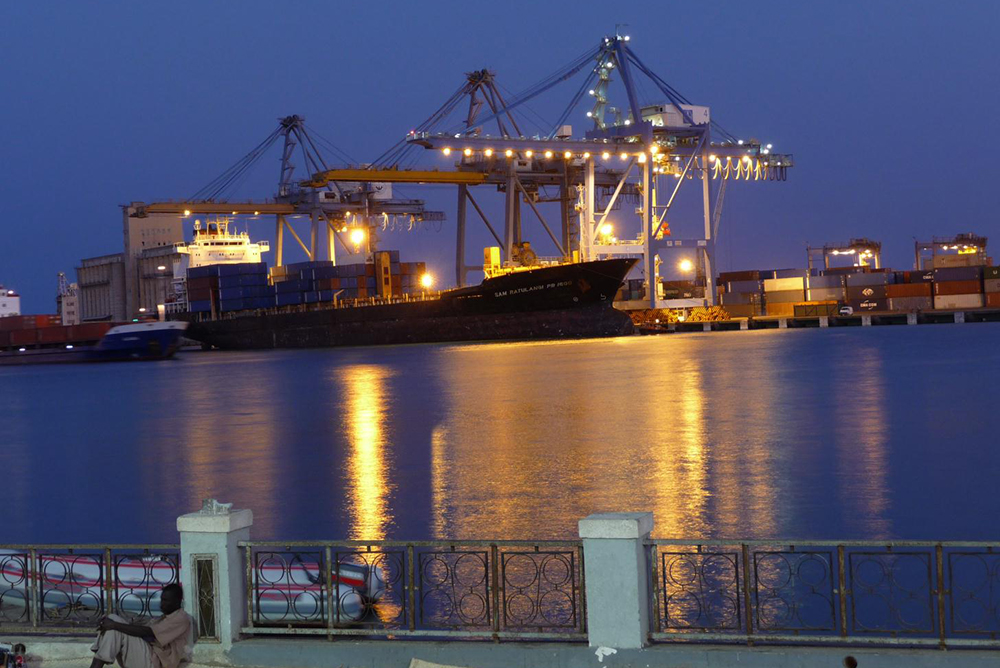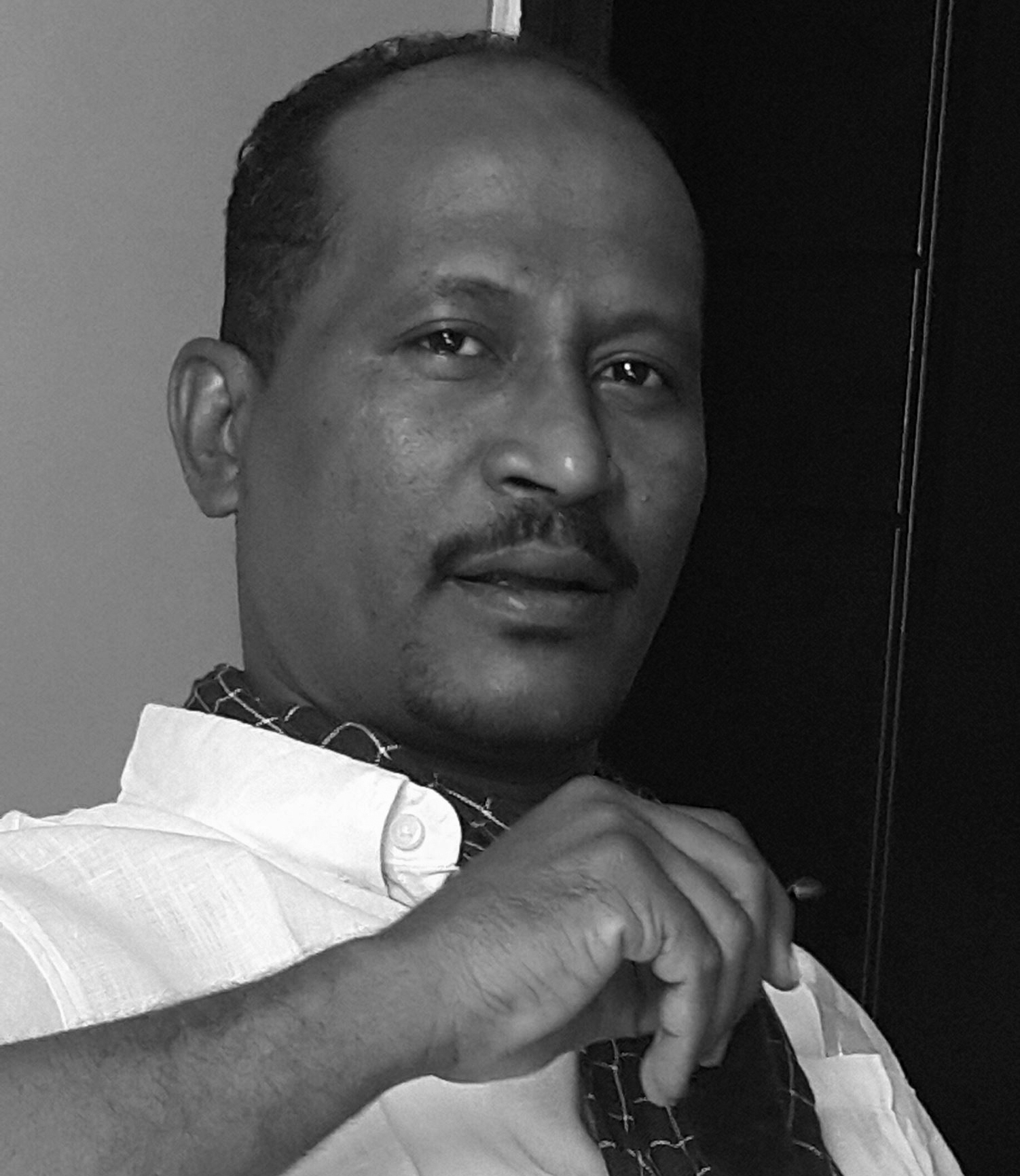
Port Sudan: From (Complete Closure) to (Safe Haven) for the Remnants and Symbols of the Ousted Regime
Mohamed Abdelmajid
The biggest evidence of the movements of the remnants and symbols of the ousted regime to ignite war, obstruct peace, thwart the glorious December revolution, and combat the transition to a civilian and democratic government is the gathering of remnants in the city of Port Sudan. They manage their battle from the gate of the smiling Sudan, after they had closed Port Sudan, the seaport, the east, and the main road to strangle the government of Hamdok and drain it in conflicts and disputes.
Port Sudan has now become a sanctuary for them, a destination they turn to, fleeing from the war. The turmoil and suffocation were not only practiced in the east, but their mischief extended to hit the social fabric in El Geneina, Nyala, Damazin, and Kassala. The remnants of the ousted regime, after failing to ignite discord among the unified tribes of Sudan, turned to ignite war.
Port Sudan used to be called for closure if the remnants of the ousted regime in Khartoum showed signs of dissatisfaction. Now, Port Sudan opens its doors and embraces the symbols of the ousted regime after Khartoum has become narrow for them.
Port Sudan, with its beautiful weather these days and its enchanting nature, is a city that has the potential to be a global tourist resort. Not only to attract foreign tourists but also to provide relaxation for the people of Sudan themselves, with its charming beaches and beautiful sea. Additionally, the city plays a significant economic role as the only seaport for Sudan or the gateway through which the country breathes. The citys potential should be handled delicately on this basis, as the city does not have the elements to be the alternative capital. It exploded due to the population influx towards its safe shores after the war, in addition to being considered the governments headquarters to manage the country.
A report by colleague Khaled Fathi on the Al-Arabiya website revealed the collapsed health situation in the city. The report stated, "Port Sudan, the alternative Sudanese capital, has turned into a colony for armies of flies. The coastal city has witnessed an unprecedented invasion of flies and mosquitoes, making life unbearable. The coastal city in eastern Sudan is facing the risk of outbreaks of deadly infectious diseases amid the massive spread of flies, participating in eating from dishes and drinking from cups. Sudanese have been circulating horrific scenes of chaos and the spread of flies in the city."
This city, which the Eastern artist Haydar sang for, "Port Sudan, the bride of the sea, oh mermaid, oh Port Sudan, my heart is lost in your love, I send you my greetings and a thousand greetings," has become a mournful state. The report from Al-Arabiya reveals that "Port Sudan, historically suffering from a recurring crisis in the availability of drinking water, like the vast majority of Sudanese cities, suffers from a deteriorated and extremely poor health and environmental infrastructure, and deteriorating sanitation systems. The health crisis in the city has worsened this year after it became a favorite destination for refugees fleeing the harsh consequences of the grinding war in Khartoum. Suffering has increased with population congestion, limited space, climate change in terms of rainfall and humidity rates, lack of attention to health regulations, and campaigns against flies and mosquitoes."
Just as the overseer of Baja, Mohammed Al-Amin (Tirk), closed the city, the port, and the roads for political reasons for more than forty days, now the authorities, for "health" reasons, find themselves forced to close the shops and markets in the city that was once a tourist attraction, not the attraction for remnants and symbols of the ousted regime, as it is now.
Port Sudan: From (Political Closure) to (Health Closure)
Population pressure can cause health disasters in the smiling Sudan, which has become the alternative capital. The city cannot bear this pressure; the march towards the smiling gate must be rationalized. Port Sudan, which used to resort to closure, now suffers from insomnia and fever due to flies and mosquitoes. The governor of the Red Sea state, Major General Mustafa Mohamed Noor Mohamed, issued Emergency Order No. 16 for the year 2023, which includes a curfew in the Port Sudan locality from eleven in the evening until five in the morning. It is effective from the date of signing on the sixteenth day of Jumada al-Awwal 1444 AH, corresponding to the first day of December 2023. This curfew means that Port Sudan is facing (security) issues as well, and this is a result of the significant political pressure the city is witnessing and the dense presence of remnants and symbols of the ousted regime.
Some symbols of the ousted regime are pursued by the judicial and legislative authorities because they escaped from prison. They are also pursued by the United States due to the sanctions imposed by the U.S. Treasury, which included former Foreign Minister Ali Karti and former Director of the Security Apparatus in the ousted regime, Salah Gosh, along with his successor and predecessor in the same apparatus, Mohamed Atta. Additionally, the businessman Abdul-Basit Hamza, the Islamic figure, and the former presidents assistant, Taha Othman Al-Hussein, and Abdul Rahim Daglo, the second-in-command of the Rapid Support Forces, the militias that emerged from the ousted regime.
These pursued and hunted figures from both inside and outside have only their interest in war because, if peace is achieved, they will be the first to be surrendered. They are hunted from abroad and from within. The symbols of the ousted regime know that if peace is achieved, their return to prison will be inevitable. Therefore, they are making every effort to continue the war and prevent peace. Their trade remains profitable only in war.


